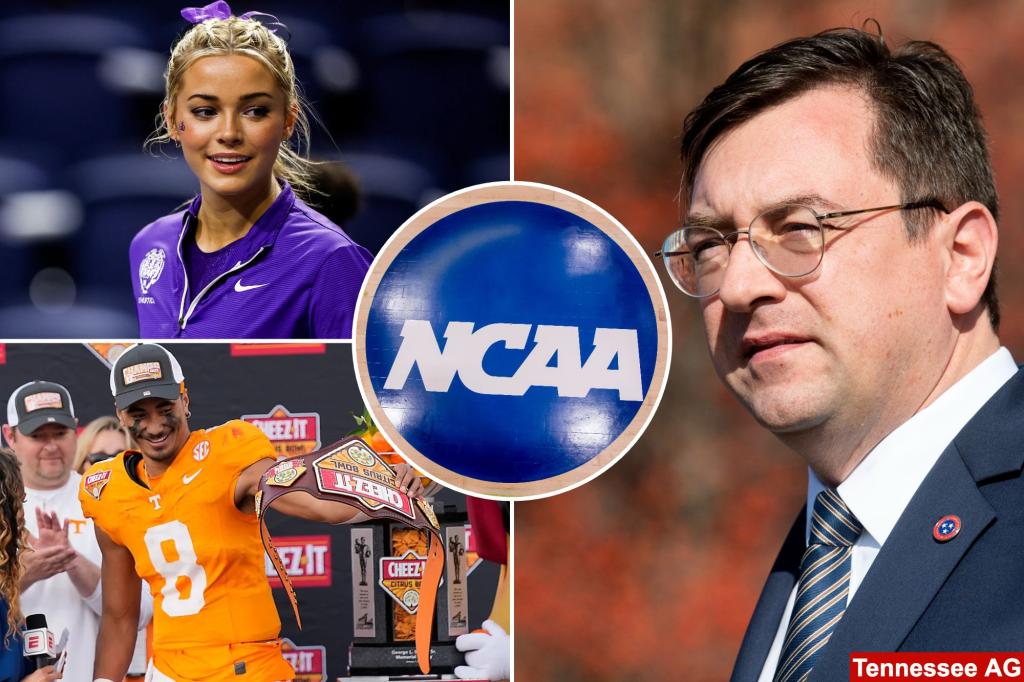Read this counselor.If Tennessee’s NIL law provided the level of protection you’re suggesting, then why didn’t the Tennessee AG sue the NCAA in state court alleging they violated that law?
Instead, the AG is suing in federal court alleging that the NCAA’s NIL rules violate the Sherman Act.
That would seem to me to indicate that Tennessee knows they are violating rules, and that they may not be confident that they’ll be shielded by their state law. So what they’re trying to do is to get a Federal court to say the NCAA’s NIL rule is illegal.
Loading…
www.courthousenews.com
I would have thought the reason for filing the way they did would be obvious to you.



